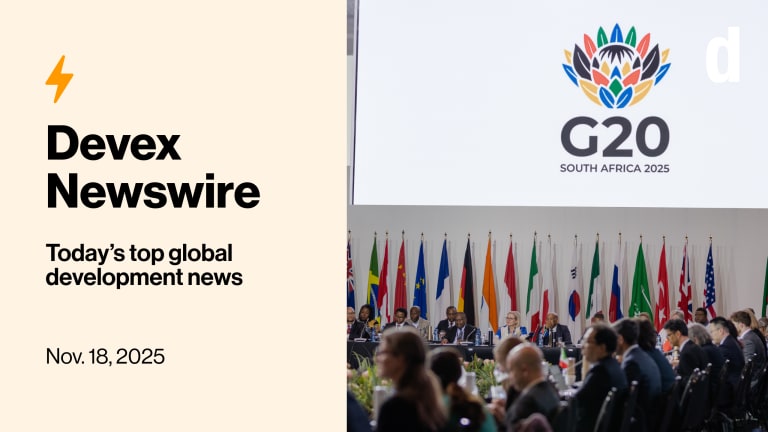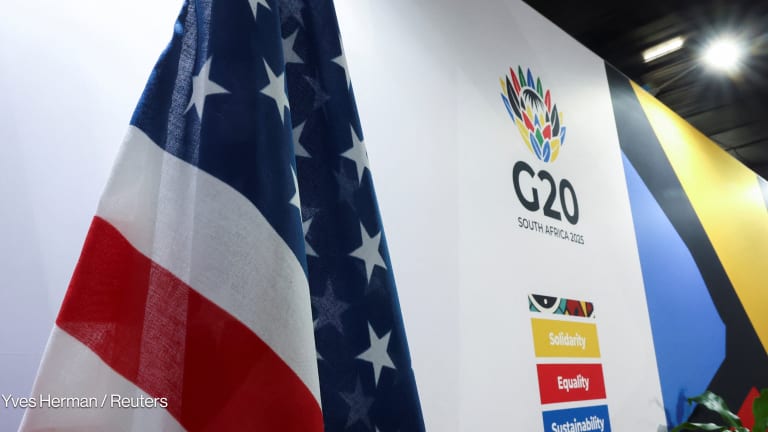When the COVID-19 pandemic forced us to lift our gaze — albeit briefly — governments resolved to ‘build back better,’ citizens demanded more and better global cooperation, and young people, faced with the prospect of a stolen future, called for measures to safeguard future generations.
In response, states agreed that 2024 would be a year of the future. There would be a Summit of the Future to adopt a “pact for the future” covering sustainable development — including efforts to accelerate the Sustainable Development Goals — and financing; peace and security; science, technology, and innovation and digital cooperation; youth and future generations; and transforming global governance.
States also agreed to adopt a global digital compact and pandemic treaty, while efforts such as the Bridgetown Initiative, V20 Accra-Marrakech Agenda, and the Paris Pact for People and Planet have raised expectations on climate and development finance, as well as reform of the global financial architecture.








